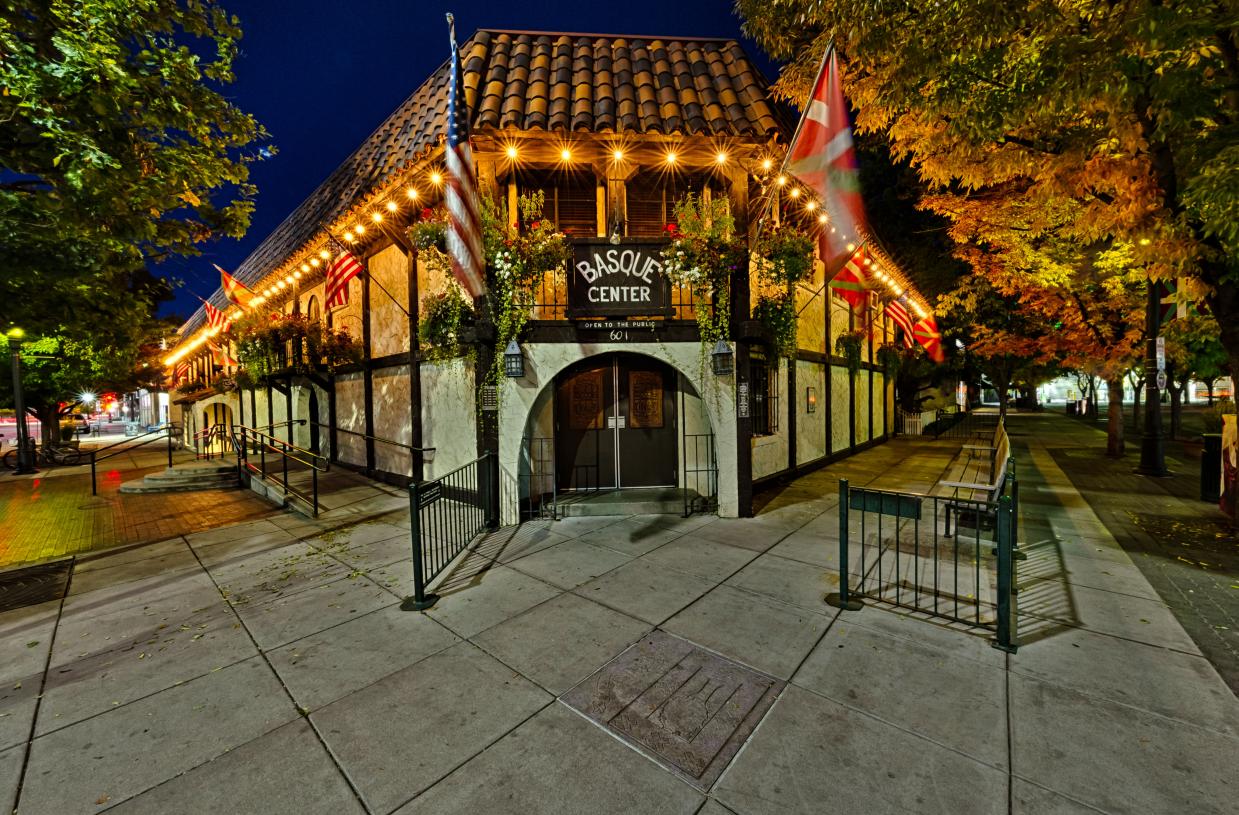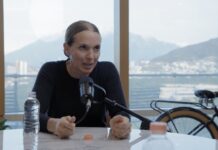The Pulitzer Center website has just published a magnificent article about the Basques in the US. It was written by Mary Trimble, a sophomore at William & Mary College, double-majoring in French and global studies, with a concentration in European studies.
We liked the article, a lot. It gives us an overview of the problems faced by the Basque centers of the US during this pandemic, and, we’re sure, throughout the world. After all, the eusko etxeak are places for those who feel themselves a part of the Basque community to met and share the best image of us as a community and as a nation. Right now, those tasks cannot be carried out, and, what’s more, this is a huge drag on their viability.
But the journalist also takes on some other elements which are rather recurrent in analyses from abroad, and even from within, which come up when discussing our national community.
For example, there’s the question, “Who are the Basques?” It’s been a long time since that was based on genetics, as now other cultures’ elements have been adopted, and the “feeling of belonging” is especially important. Boise, the capital of Idaho, provides a case in point. That would be Pat Bieter, the German Catholic from Milwaukee who became a keystone of Basque culture and the Basque community in Boise.
She also takes on the very current debate about the evolution of Basque culture. What is truly “Basque”? Ina culture, be it Basque or any other, there are some elements which never change. Tradition is important for the Basques, but it is also a living concept that changes over time. The Basques of three centuries ago would not recognize some elements, such as Basque dances, that are now considered cornerstones of Basque culture.
Fortunately for our culture, and for our nation, we have a living, breathing culture that adapts to the time it lives in. Otherwise, it would be condemned to exist only in museums, as it would have died. A century and a half ago, Élisée Reclus, an anarchist French geographer who was a member of the First International, as well as a tireless traveler and the creator of Social Geography, predicted that the Basques were a people sentenced to disappear. He couldn’t have been more wrong. This is partly due to his underestimating how well Basques can adapt to novelty, taking it in without losing their feeling of permanence and transforming it it “their own”.
Because to analyze us, you must take into account the Basques’ desire to remain, and their ability to adapt to the harshest situations and overcome them. They’ve done so all while putting up with centuries of poverty in a small country with no natural resources; overcoming the consequences caused by industrialization and by a massive immigration that, in a matter of decades, changed a society that had gone for centuries without undergoing great changes; coming back from economic, social, and political crises; surviving four savage wars in a century; or watching as a significant part of their children had to emigrate over the centuries for economic and political reasons.
We’re not going to say the Basques are invincible, as that would be a sign of self-complacency. But this pandemic is not the hardest challenge this national community has had to face. And as the article states, things are happening, mechanisms are being activated, and that can only give us hope because, as we said before, we are a thriving community that knows how to adapt.
This article also gives us the opportunity to discover a young author who shows she’s got what it takes to be a great journalist. We loved not only the content of the article, but also the breadth, vision, and precision she approached it with. Our congratulations to Mary Trimble. We hope that when she’s a renowned journalist and author (because we’re sure she will be), she’ll continue remembering us and writing about this small people which, as Voltaire said in La Princesse de Babylone, is made up of sombre people who are brave, tireless, and fun.
In that same work, he also said the Basques are a people that “lives and dances at the feet of the Pyrenees“. And, as we say, in every corner of the globe.
We’ll close by bringing you the sentence that inspired the title to the article: “Because we were, we are. Because we are, we will be.” The chain never breaks. In this miracle that is the survival of the Basques, the Diaspora plays a key role. The challenge we face now as a community is for the Basques at home and abroad to recognize each other, to know our reality as a nation today, and to work together.
Pulitzer Center – 29/4/2021 – USA
We are because they were. Because we are, they will be.” A Community Fights for Its Identity in a Pandemic
In the heart of downtown Boise, less than half a mile from the Idaho State Capitol, the standard gray asphalt of the western city gives way to bright green concrete pavers. For the length of a city block, scarlet diamonds the width of the street punctuate the sea of green. It is bookended by two hooked crosses in green, white, and red. This is the Basque Block.
(Follow) (Automatic translation)
Last Updated on May 2, 2021 by About Basque Country





